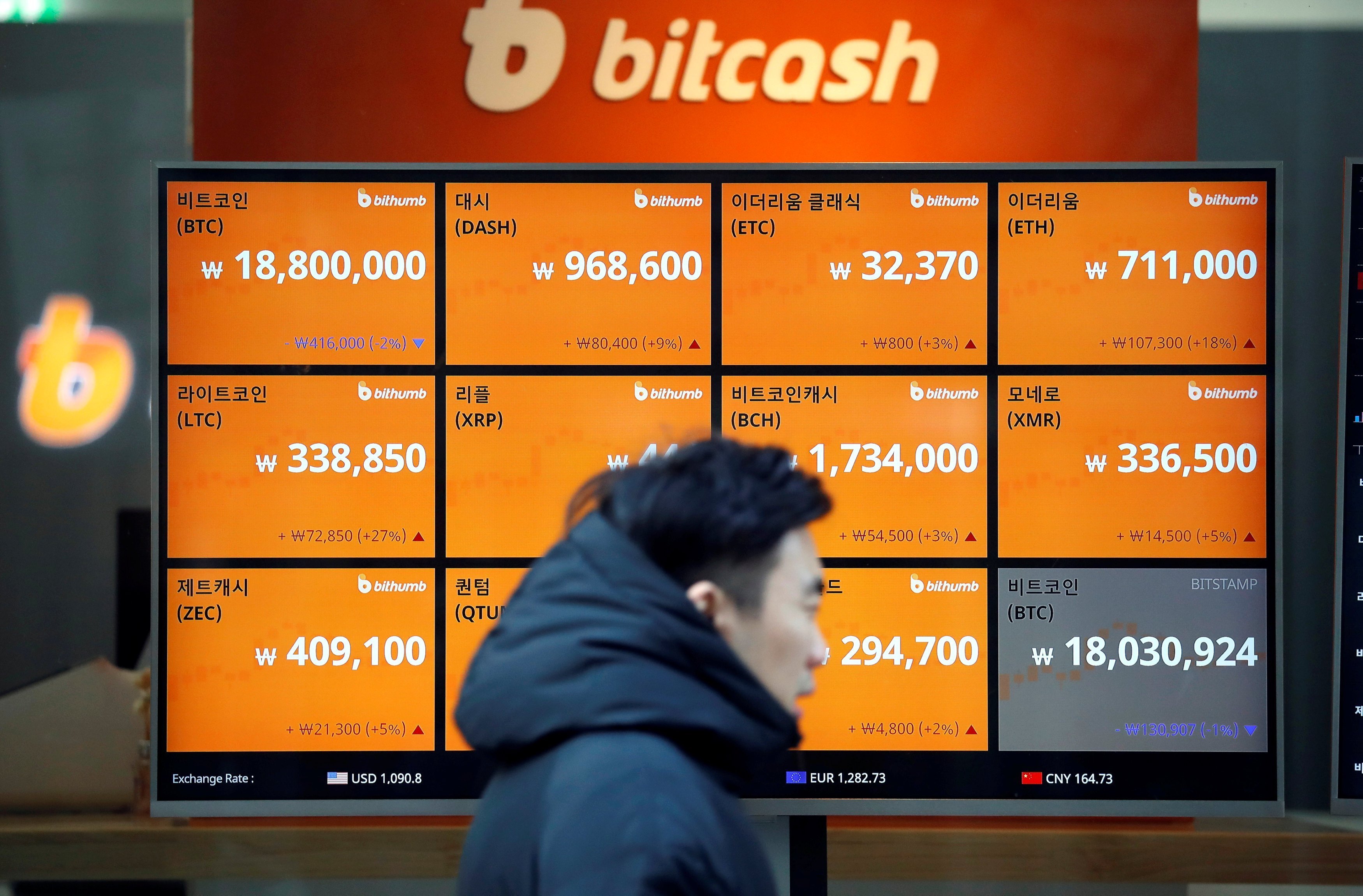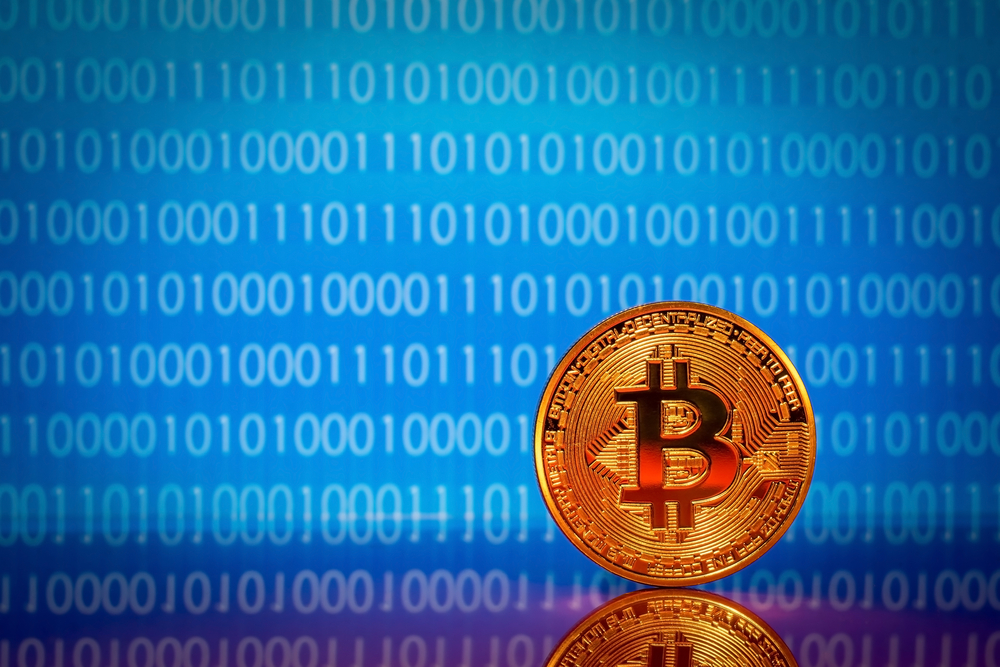There is no doubt that the creation of cryptocurrency came to grow in the minds of the many as one of the most incredible innovations of the first decade of the 21st century. As any such invention Bitcoin, the father of all cryptocurrencies, has brought about a lot of controversies on its way to becoming the – now widely considered – digital equivalent of gold. The controversial nature of digital cash systems itself has formed no small part of the interest towards the matter. The criticism and debate regarding Bitcoin has put the entire notion of existence of the cryptocurrency in varying highs and lows. Finally, in the first day of August, 2017, bitcoin encountered a hard fork and in an effort to better the efficiency of transactions and lower the fees came to be the birth of what is now known as Bitcoin Cash.
Built on the same model as its predecessor, Bitcoin Cash is a fully decentralized peer-to-peer electronic cash system, designed and intended for the use through the Internet. It uses strong encryption in order to prevent attacks, such as hacks and fraud. And, of course, as in any decentralized blockchain system, the entire history of transactions is publicly accessible and can be viewed by anyone.
So, how does Bitcoin Cash differ from Bitcoin?
The reason Bitcoin Cash came in existence is rooted in the diverging perspectives of the users in the bitcoin community on scaling the network. This came to be an issue because as the number to bitcoin users grew, so did the number of transactions. The bitcoin network started struggling with the volume of transactions and thus lead to many transaction taking hours, or even days, before their transactions had cleared. The many debates over the matter led to the split between two fractions: one in favor of increasing the size of the blocks in the blockchain and the others in support of restructuring the way in which information is stored in the already existing blocks.
The former fraction, combining the opinions of mostly miners, did not receive much support on the solution they suggested – increasing the size of the blocks – and as a result “hard-forked” (or split off) from the original bitcoin blockchain to form Bitcoin Cash.
This lead to the creation of a completely new blockchain to be used by Bitcoin Cash. In turn, by increasing the size of the blocks from 1MB to 8MB, this allows for a larger number of transactions to be processed in one block. In practical terms this would mean that the end result is faster processing of transactions and lower requirement of fees.
Other than that, the level of difficulty for mining became another significant factor which later attracted many bitcoin users to Bitcoin Cash. Difficulty levels for Bitcoin Cash are dependent upon the number of active miners. If there are but a few miners mining, that would mean that the difficulty rates go down. In the very beginning of Bitcoin Cash the number of miners was quite low and as a result the difficulty dropped significantly, which soon attracted a lot of miners who discovered this very lucrative opportunity.
Implementation of Bitcoin Cash in the Cryptocurrency Exchange Market
Though initially reluctant to support Bitcoin Cash, many cryptocurrency exchanges have implemented the cryptocurrency due to the increase in value, interest and demand. Most vendors are still not accepting BCH, despite the fact that some of them accept bitcoin, but taking into consideration the information so far, this may as well change very soon.
Taking into account its controversial beginning, there are some who oppose the existence of Bitcoin Cash and attempt to undermine it by referring to it as “bcash”. Should your wallet use this name instead of the original – keep this in mind and proceed with at least some caution.
In any case, some of the more popular exchanges that support BCH – thus making it available for purchase – include Kraken, Bitfinex, Bittrex and very soon – Coinbase, as they have stated that they will begin issuing BCH starting 2018. Many others have also picked up its use.
Will Bitcoin Cash be the new Bitcoin?
In terms of cryptocurrencies in general, only one thing is certain – they are extremely volatile. It is near impossible to predict whether or not it will grow in the future. Following its very interesting move of breaking off the mother blockchain, BCH has become one of the world’s most valuable cryptocoins, but not without having gone through some major fluctuations.
Many skeptics consider it will not be able to replace its original, while supporters view it as an improvement on bitcoin. Its future remains unclear, at least to the point until Bitcoin makes the move of acting out its own solution to the scaling issue. Then perhaps it would not be groundless on speculating over the matter. As for now, it is still very new and despite of that it has seen some very high figures in terms of value. Furthermore, the 8MB size block is captivating for those in active mining.
Jan 21, 2018
Bitcoin Cash – Cashing in on the Future



Comments (No)